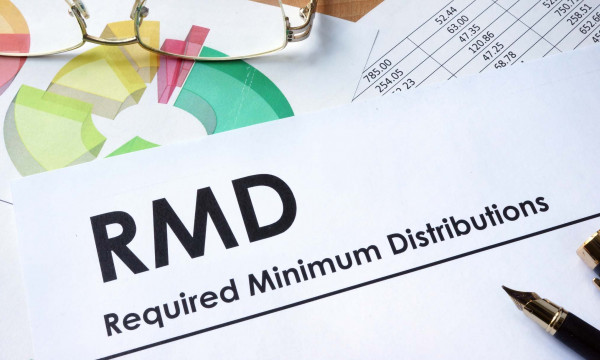Social Security: Choosing your right time

Social Security is a component of almost every American worker’s retirement plan, as it replaces a portion of working income for qualified retirees and their families. Most will agree that the basic concept is pretty clear, but there’s one big question that’s often less clear: When should one begin the process of receiving — or even applying for — their benefits? It turns out the answer really depends on you as an individual, which might seem a little daunting. In this article, we aim to provide you with enough information and resources to help you confidently make a decision based on your individual and family circumstances. At the very least, we aspire to get to you a jumping-off place, with informed questions to take to your financial planner.
What’s your ideal number?
Your basic Social Security benefit — the amount you would receive at your full retirement age, or FRA, which is based on your birth year — is calculated from your lifetime earnings (you can find those in the statement Social Security sends out or in your online account). You can begin drawing benefits anytime between ages 62 and 70; however, the actual amount you receive each month depends on when you start receiving benefits. The longer you delay benefits within that time frame, the greater your benefit payment will be. Sound simple? Well, it is — kind of.
The ideal answer for you really depends on your situation and factors such as your current and future financial needs, your current health (or maybe that of a family member), and family longevity. It may be better for you to start getting benefits early with a smaller monthly amount (as much as 30% less if you begin drawing benefits at 62), or it may make more sense to wait for a larger monthly payment.
Whether you plan to work in retirement or have other sources of retirement income will also come into major consideration here. If you are under full retirement age and earning more than the current SSI threshold, $1 could be deducted for every $2 you earn above the current income limit. Once you reach FRA and older, there is no limit on earnings. (Don’t take our word for it, though — see what the Social Security Administration has to say about it.) You’ll still want to apply for Medicare benefits within three months of your 65th birthday, even if you decide to work longer. Waiting to receive Medicare benefits could cost you more, and our objective is to optimize your benefits.
Keep in mind, too, that married couples have double the consideration. It’s important to consider both retirement and Social Security protection for widowed spouses as it relates to your overall financial picture, so spend some time with your financial planner discussing possible scenarios and how they may affect your plans.
Here’s to long life — and the long term
Again, you’ll want to choose a retirement age based on your circumstances, so you’ll have enough Social Security income to complement your other sources of retirement income. We’re living longer than ever, so planning for the long term is crucial. Since this decision affects your monthly lifetime benefits and may affect benefit protection for your survivors, you’ll want to weigh all the facts carefully, consulting your financial planner to ensure you’re considering your complete financial picture.
Once you decide on the age that works best for you, you can apply up to four months before you want your benefits to start. (Note: You’ll need to be at least age 62 for the entire month to be eligible to receive benefits.) Download our helpful checklist to make certain you have what you need through the application process. And if we can help you optimize this next phase of your life, please don’t hesitate to reach out!
Learning Center articles, guides, blogs, podcasts, and videos are for informational purposes only and are not an advertisement for a product or service. The accuracy and completeness is not guaranteed and does not constitute legal or tax advice. Please consult with your own tax, legal, and financial advisors.





